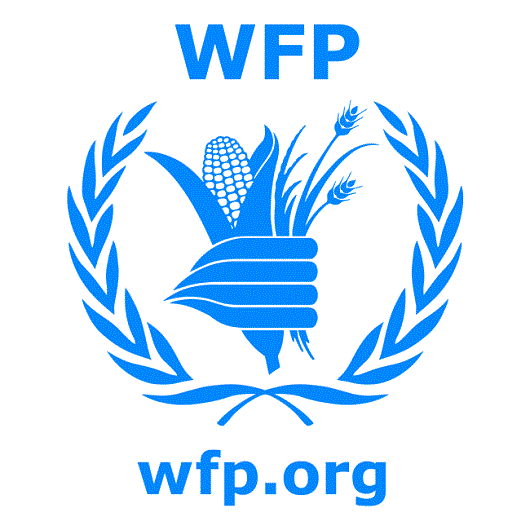 A flag raising ceremony was held on Friday to mark the 35th World Food Programme (WFP) day at the forecourt of the state-house in Accra.
A flag raising ceremony was held on Friday to mark the 35th World Food Programme (WFP) day at the forecourt of the state-house in Accra.
Mr Fiifi Kwetey, Minister of Food and Agriculture, Mrs Sherry Ayittey, Minister of Fisheries and Mr Bukar Tijani, Acting Director General, Regional Representative for FAO Africa and Ms Mutinka Chimuka permitted the raising flags of Ghana and the United Nations the Ghana Navy.
The day is on the theme; “Social Protection and Agriculture; Breaking the Cycle of Rural Poverty.”
Ms Mutinka Chimuka, WFP Representative and Country Director, said the goal for the day is to encourage the global community to take action for zero hunger, that is, sustainable development Goal Two.
She said zero hunger is a call on governments to “End Hunger, achieve food security and improve nutrition and promote sustainable agriculture.”
According to her, zero hunger, aims for a world where all people have access to safe, healthy, nutritious food all year round, a world with zero stunted children, where food systems are sustainable and where there is zero loss or waste of food.
Ms Chimuka said the poor are vulnerable to hunger because they lack the income and assets required to help them meet their basic food and nutrition needs on a daily basis.
They are also vulnerable to even small shocks that could push them closer to destitution, malnutrition and premature mortality as they rarely have savings and food stocks to fall on in times of crisis, she indicated.
She said, the Ghana living standard survey six, indicates that, 8.4 per cent of the population live in extreme poverty, a large proportion of which are smallholder farmers whose livelihood is agriculture.
In Ghana, almost 19 per cent of the population is stunted meaning, and the children suffer irreparable cognitive and physical damage, and are not be able to attain their full potential.
The Country Representative said WFP supports the Ghana health service with nutrition programmes that targets mothers and children during the first 1,000 days, from conception to a child’s birthday.
Currently a variety of nutrition interventions reach for more than 60,000 mothers and young children in northern Ghana where stunting affects up to 33 per cent in the worst affected areas.
Ms Chimuka said: “Imagine the night in 2030 when no child, woman or man goes to bed hungry and called on everyone to get involved to make the changes so that we reach zero hunger by 2030.
“Let us keep up the momentum over the past 15 years towards ending hunger and poverty in our lifetime,” she said.
She said effective social protection responses to poverty-related food insecurity include, promoting activities that predictably and reliably transfer income or food to participants, many of whom are farmers, thus providing them with a safety net.
Ms Chimuka said the WFP supports government to implement hunger-related safety nets including productive safety nets, which provide poor and vulnerable households that participates in asset creation food gaps and allow households to allocate resources to additional livelihood activities or human capital.
In a speech read on his for his behalf, Nii Laryea Afotey Agbo, Greater Accra Regional Minister said, if Ghana wants to completely break the cycle of poverty in our rural areas, “then we will need to inject substantial investment in the development of rural infrastructure in order to connect our rural communities where most farming activities take place to market; and to provide appropriate storage facilities to reduce post-harvest losses that has been a bane to the agricultural sector”.
He said creating of land banks and preserving arable lands for agriculture production is key “if we want to use social protection and agriculture module to break the cycle of poverty in the rural areas”.
Source: GNA























